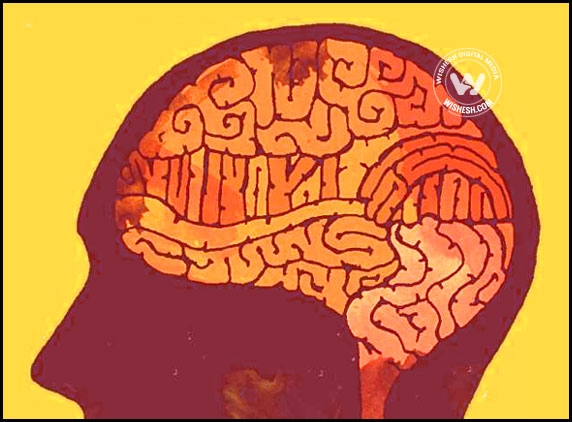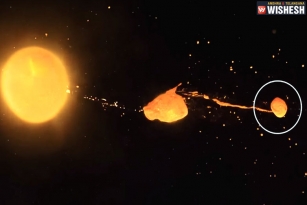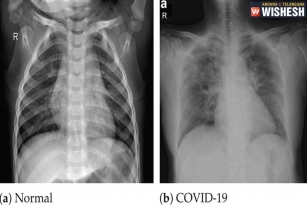
Mentioned in the Science News. Org, by Laura Sanders, that brain activity may help explain why crime peaks during teen years. Further known, from research presented during November 10 at the annual Society for Neuroscience meeting recommends that teenagers brains are wired to contradict an indication of probable trouble as a substitute of act of withdrawing. The outcome possible could help justify why criminal activity peaks during adolescence.
While moving ahead, Kristina Caudle of Weill Cornell Medical College in New York City and colleagues examined the impulse control of 83 people between ages 6 and 29. In the experiment, participants were asked to press a button when a photo of a happy face quickly flashed in front of them and not to press the button when a face had a threatening expression. Caudle explained that during the time contradicted accompanying the threatening faces, people between the ages of 13 and 17 were more likely to impulsively push the button than children and adults were, that's what the team known to have discovered. Brain scans disclosed that activity in an area called the orbital frontal cortex peaked in teens when they successfully neglected pushing the button, undergoing prompt for consideration that this region suppress the impulse to react.
Caudle added that it’s not prominent why children don’t have the same impulsive reaction to threatening faces. More studies could arrive with conclusive decision how the relevant brain systems grow as well transform.
Content Source: Science News. Org
(AW:SB)














